Depression not only affects adults, but teenagers and children may also suffer from severe depression. Childhood depression can be severe in most cases and may seriously affect a child’s growth and their ability to perform daily functions.
In fact, studies have found that about 1 in 4 children will suffer from depression before the age of 19. If you are a parent, then it is crucial that you take notice of your child’s behaviour immediately and identify the symptoms of depression in children, in case you believe your child may be depressed.
Can A Child Become Depressed?
Sadly, yes. Around 2 per cent of school-aged and even preschool children suffer from depression. Depression is different from feelings of sadness or simply being upset. If left unnoticed and untreated, depression can affect their growth, education, family & social life, hobbies and general activities.
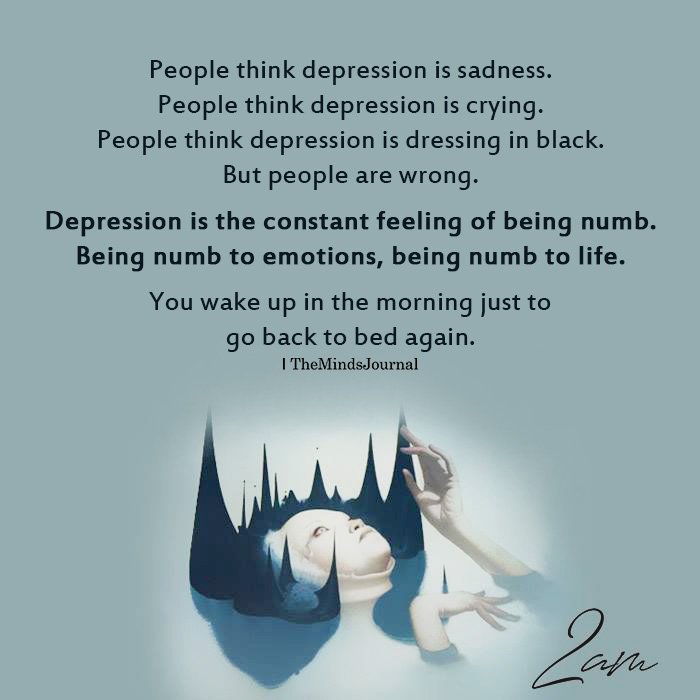
Did you know suicide is one of the 3rd leading causes of death in children, teenagers and young adults between the age of 10 and 24?
Depression usually results in self-defeating and negative feelings and thoughts. This can accelerate the problem as your child might reject any support, advice or encouragement. However, parents don’t need to lose hope. Childhood depression can be easily treated if diagnosed in time.
Over 60 per cent of kids suffering from depression get better simply by taking the right medications, depending upon the severity of the disorder.
Related: 11 Weird Things Your Anxiety Makes You Do
Why Do Children Get Depressed?
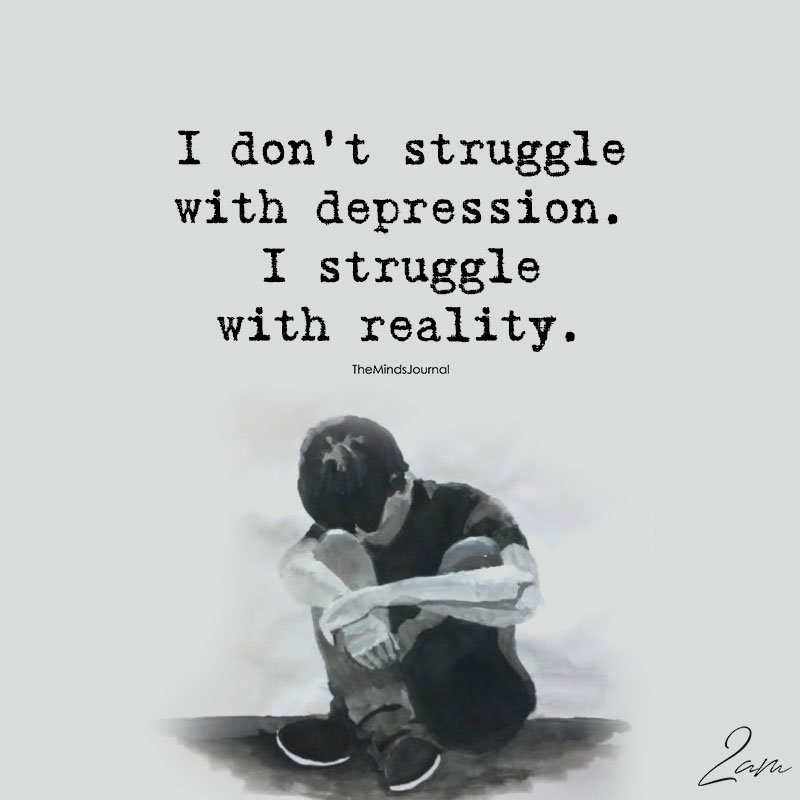
When you come to think of it, from the outside it may seem that there is no need for a child to get depressed a long as they are raised in a safe environment by a loving and caring family. But childhood depression can result from various factors like –
- Physical factors like chronic health issues, low thyroid levels or severe injury
- Biological factors like inherited traits and genetic vulnerability
- Environmental factors like a toxic family environment, excessive criticism by parents, neglect or unloving parents
- Social factors like friends, relatives, school and community
- Economic factors like poverty and hardship
- Psychological factors like psychiatric disorders, excessive stress or lacking confidence
- Unpleasant life experiences like being bullied at school, neighbourhood or even at home or certain traumatic events
- Loss of a parent or loved one or even a pet
- Divorce of parents or parents arguing all the time or negative environment in the home
- Moving away or shifting to a new location
- Substance abuse
- Sexual abuse
How Can You Tell If Your Child Is Depressed?
The signs and symptoms of depression in children can vary greatly. Most parents usually make the mistake of confusing depression with mood fluctuations or emotional changes. As a result, the child is often left untreated.
Here are some of the signs and symptoms of depression in children that parents need to look out for-
#1 Emotional Symptoms Of Depression In Children
- Experiencing anxiety
Does your child appear stressed, tense, or anxious? Depressed children may become panicked without any obvious triggers.
- Becoming sad & hopeless
The major signs of depression are feelings of sadness and hopelessness. Your child may cry frequently, or they may isolate themselves to hide their tears.
- Losing interest in activities
If a child loses interest in hobbies which they found pleasurable earlier, it may be a sign of depression. The child may nag about feeling bored all the time or may withdraw from participating in activities that they used to like.
- Becoming angry & irritated
Your child might act out in anger, scream and shout or they might get constantly irritated. They may seem worried all the time due to feelings of distress.
Related: What is Existential Depression? 15 Signs You Have It
#2 Behavioral Symptoms Of Depression In Children
- Becoming restless
Behaviours like fighting and arguing, being reckless, fidgeting and acting unruly can be a result of depression in children.
- Withdrawing themselves
Depressed children tend to isolate themselves and withdraw from regular activities which they used to enjoy earlier. They may also isolate themselves from friends, siblings and other family members and stay cooped up in their bedroom for days.
- Overdoing any activity
Your child may over-indulge in specific activities like playing video games or eat excessively due to depression as they tend to act out of control.
- Self-injuring tendencies
Childhood depression often makes a child harm and injure themselves or indulge in activities that involve unnecessary risks.
- Act needy and desperate
Children suffering from depression may become clingy and needy for their parents. They can become highly dependent on certain family members due to feelings of insecurity.
Related: 21 Different Art Therapy Exercises For Different Emotions
#3 Cognitive Symptoms Of Depression In Children
- Unable to organize their thoughts
A child suffering from depression may have problems with their studies and will probably have difficulty in school. If they are unable to concentrate or complete their homework and other tasks, it is probably because they are depressed.
- Having a negative attitude
Children with depression may have a pessimistic view of life and develop a negative outlook for themselves and for their life.
- Isolating themselves
When a child becomes depressed, they tend to isolate themselves and avoid social situations as they lose all confidence to face other kids.
- Feeling guilty and worthless
Depressed children tend to lose all sense of self-worth and consider themselves as useless. As a result, they may feel guilty for being a failure in their own eyes.
- Having suicidal thoughts
In spite of how scary this may be to believe, but children can have suicidal thoughts just like adults. They may express their feelings through art or writing stories showing how they wished they were dead.
Related: 11 Signs You Need To Talk To A Therapist
#4 Physical Symptoms Of Depression In Children
- Becoming distressed
As depression leads to anxiety and nervousness, your child may start fidgeting, twitching or become unable to be still.
- Experiencing insomnia
Childhood depression can often lead to insomnia, just like in adults. The child will have difficulty in sleeping. They may stay up all night, wake up very early or even oversleep.
- Loss of appetite
If your child has started to lose weight or has lost their appetite, then it best to consult a doctor immediately. Depressed children usually avoid eating as they lose interest in all activities and become hopeless. On the contrary, if they tend to eat more than usual, then that may also be a cause for alarm.
- Being lazy and sluggish
Depression can make children lazy and they will become almost inactive and refuse to play or go outside. They will become slower and act as if they are disinterested.
Is Your Child Depressed?

Keep in mind, not all children suffering from depression will show these signs and symptoms. As depression is a very personal feeling, it depends on every individual child how they might behave and react to feelings of depression. Some depressed children might even function normally and rarely show any signs of depression, making it harder for parents to identify their disorder. This form of behavior is mostly common in individuals suffering from smiling depression.
If you feel your child is showing all or any of these symptoms of depression in children, then you need to take your child to a doctor for immediate treatment.
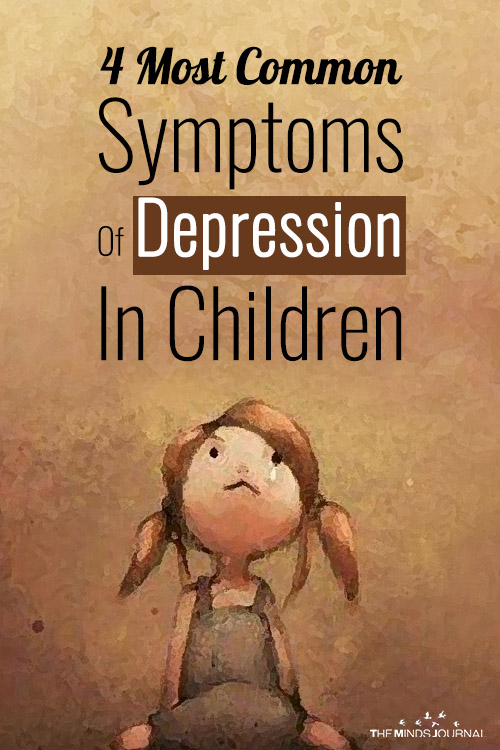
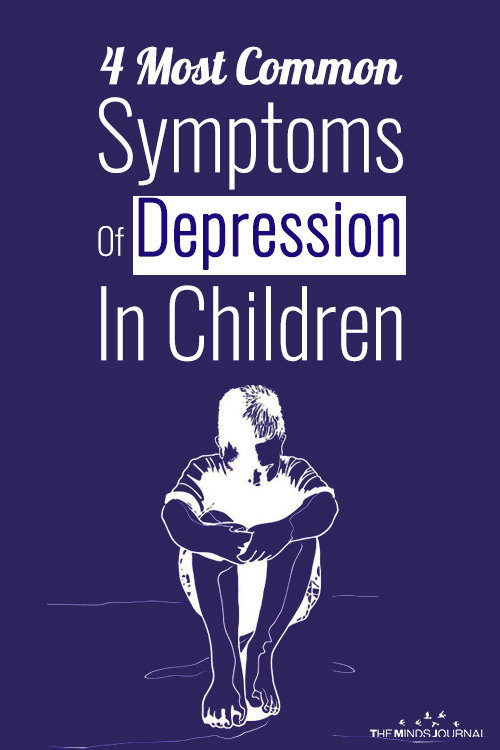
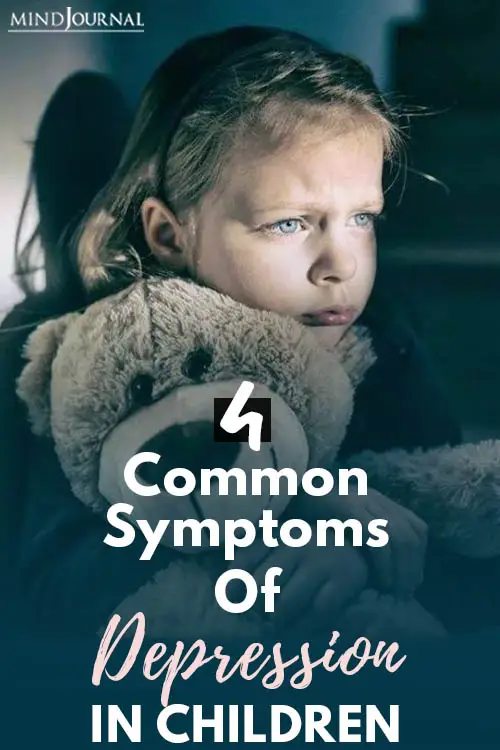
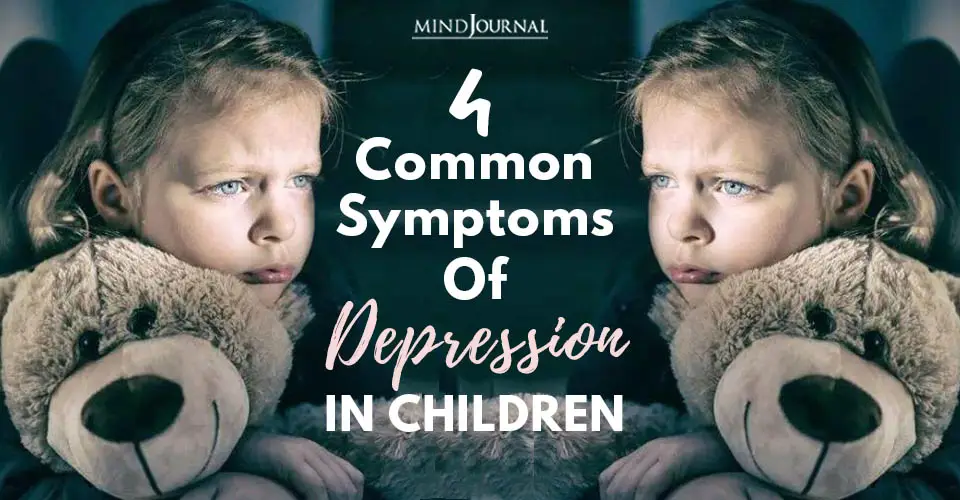







Leave a Reply
You must be logged in to post a comment.